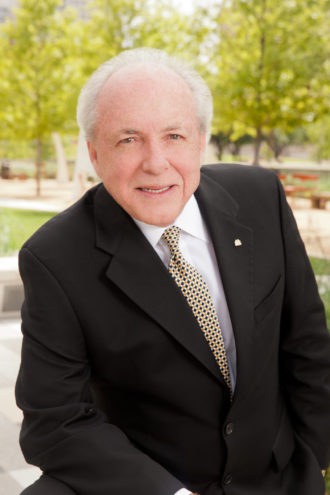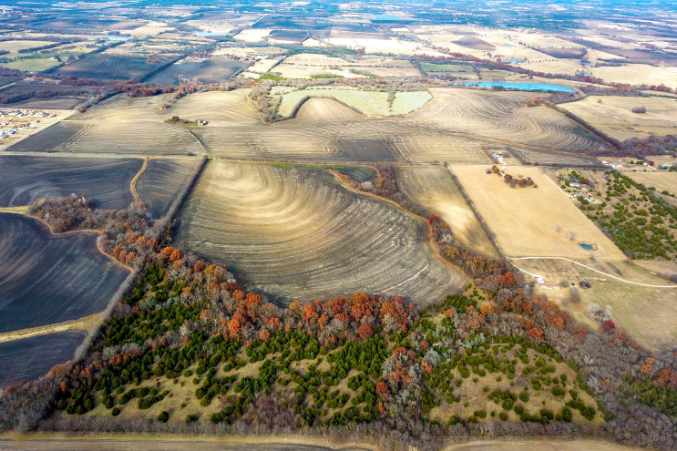Historically, undeveloped land has been a popular investment vehicle throughout the Dallas-Fort Worth real estate market.
Some of the DFW’s wealthiest families have concentrated solely on land investments for the proven long-term benefits. The tenured life term of prudent land investment, while vulnerable to the economic cycles, has been quite predictable in our market. Our active developer community has provided many land warehousers above-average returns for many years.

A knowledgeable investor will seek competitively priced tracts in one of the next expanding but undeveloped concentric circles. They look for areas significantly distant from current construction but within the direct path of ultimate infrastructure activity. They are often allowed agricultural zoning, thus minimizing tax expense while using the property for farming, grazing, and personal use, which generally covers the cost of annual expenses.
Then, they wait.
Minimal management and rain are gratefully their only concerns. Forty years of land investment history dictates that, eventually, in DFW, growth will provide the investor a generous return. The support of this theory has never been more evident than in the last five years.
In DFW’s first major development growth cycle—arguably in the 1970s—raw land investment was promoted by three or four large, local companies: Hank Dickerson, Grady Jordan, Duvall Giles, and Henry S. Miller. Following that, our market was inundated with introducing major national brokerage companies (beginning in the 1980s).
Because land remained local in character, individual brokers and small companies absorbed most transaction demand activity. The larger national companies’ disdain for the speculative land market and lack of local knowledge gave way to a strong network of local, unaffiliated brokers highly qualified in very specific markets.
Being tenured and experienced researchers in the obvious growth paths, these local brokers provided the investor insight not available elsewhere in the burgeoning DFW commercial real estate market.
While many of the successful brokers focused on refined geographical areas, the need for cooperation in other expanding local markets became more evident, giving birth to The Land Council of North Texas. Limited to 50 of the top independent land brokers in North Texas, the non-traditional group gathers monthly. It freely exchanges pertinent market data assisting each other in maintaining a competitive edge for their clients.
The enormous growth in our North Texas market and the urban flight to the suburban and outside suburban markets has been responsible for substantially increased transaction activity and significant price increases for rural land bearing the attributes set out. COVID-related issues such as the growth of the home office, scarcity of entitled land, utilities, and increased values have forced developers to expand the market area.
If you haven’t visited but have only heard of Terrell, Midlothian, Howe, Sanger, and Weatherford, you will soon. The potentially available utilities, less costly land, friendly zoning uses, and starter home pricing will continue to be the driving force to these markets. Investors who anticipated even moderate growth were well rewarded.
The ability to prudently identify positive locations, being financially capable of holding the investment and patience have rarely disappointed sophisticated speculators, a classification meant in the highest regard.
The North Texas market is poised to be one of the top CRE markets for the long term due to many factors, including location, favorable tax issues, job, population growth, and quality of life. Land investors are severely handicapped by not enjoying the benefits of income property management, vacancy, lawsuits, and defaults.
“Under all lays the land.”
Robert Grunnah is a broker at Younger Partners.






